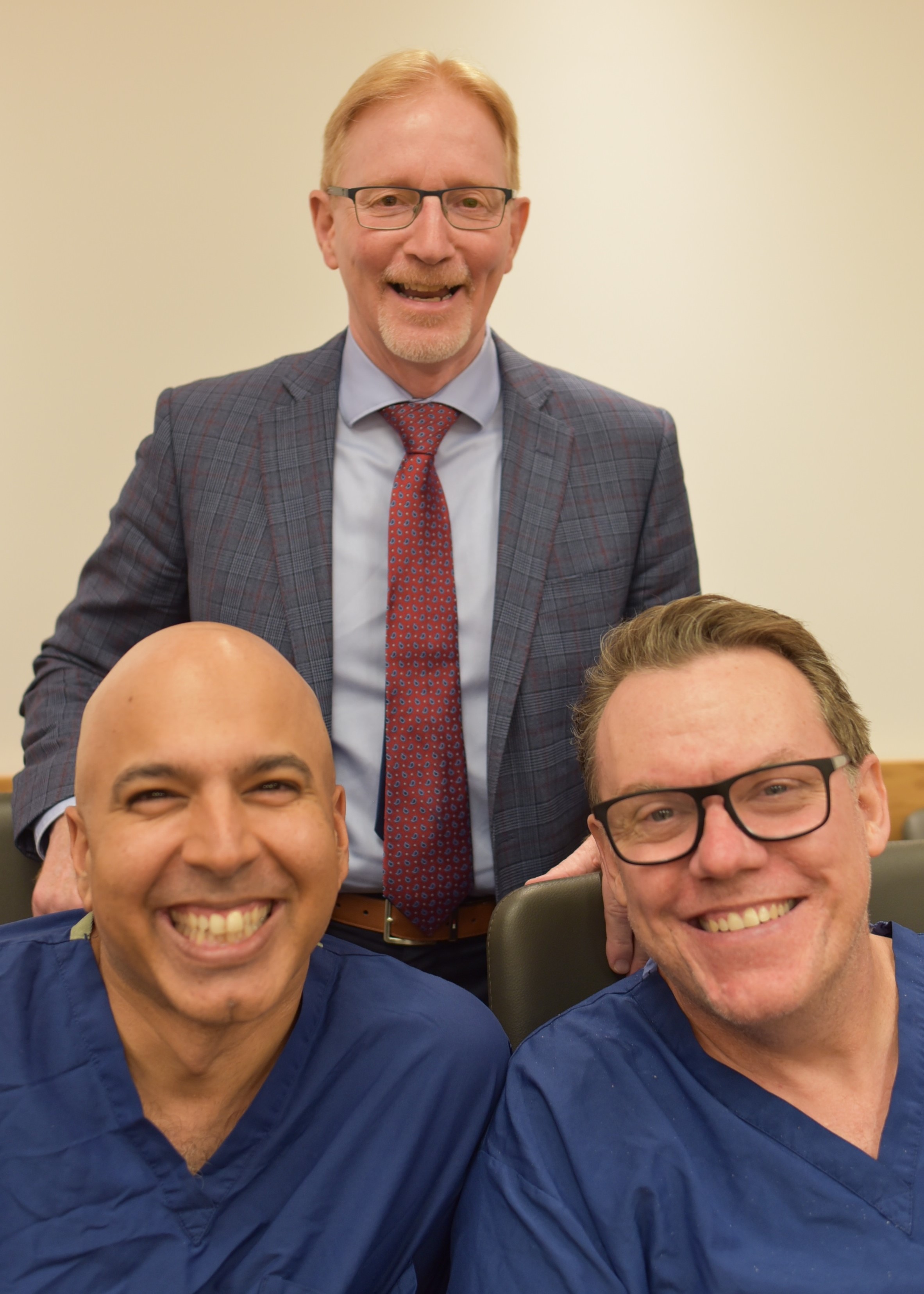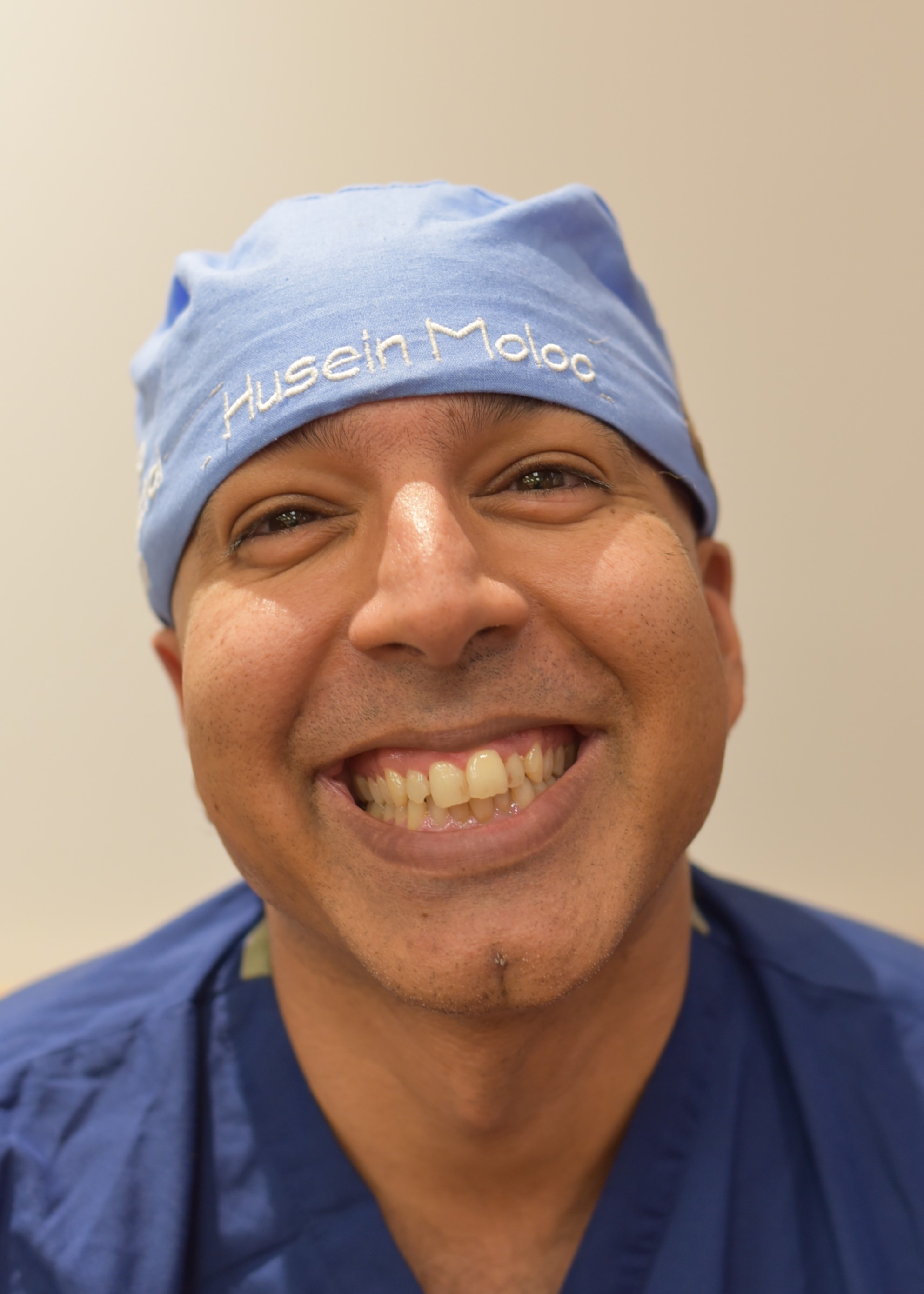The University of Ottawa Revitalizes Medical Governance for a Healthier World
Projects Sponsor
There is an urgent need for faculties of medicine to play a leading role in responding to the climate crisis facing our planet especially as it has such a huge impact on health.
The first seeds of the Director of Planetary Health role were planted when the University of Ottawa put the focus on sustainability as a theme for their Department of Surgery Quality Improvement and Patient Safety program. The engagement created through this initiative and the resulting research progress led to further discussions at a faculty-wide level, from all this, the idea of creating a leadership role in Planetary Health at the University of Ottawa emerged.
The concept of the Director of Planetary Health role aligned with the faculty’s strategic plan of ‘leading innovation for a healthier world’. Their Initial research revealed that climate change is the number one threat to the health of humanity, that healthcare has a massive carbon footprint (would be the 5th biggest country in terms of carbon footprint if healthcare emissions worldwide were considered), and that the notion of ‘do no harm’ has little meaning without a commitment to caring for our planet. It also demonstrated that there was an opening to engage healthcare professionals by providing them with leadership in this area and creating an environment where planetary health is valued.

Their research also revealed that there is a myriad of opportunities for the University to have an impact – from education (at all levels of medical training and for those in practice) to research, to practical ways for healthcare professionals to mitigate the carbon footprint of healthcare.
Once the Director role was established, further research was done to establish best practices in terms of education in the form of an international award-winning scoping review. From that starting point the University designed the first longitudinally integrated medical school curriculum in planetary health in the country. They also created a trans-disciplinary Planetary Health Research Lab in their Faculty of Medicine.
Using the platform of the planetary health director, agreement by senior leadership within the faculty led to the development of the Planetary Health Council with an appointed lead from every department at the University. An introductory webinar series was created and posted on the University’s newly created planetary health website to help introduce the subject to the entire faculty.
Looking beyond the boundaries of their own school, the faculty were also able to use the Director role to interface with national and international organizations. This soon proved critical in helping them to both learn and lead initiatives provincially, nationally, and internationally.
In one provincial level example, their efforts led to the initiation of a 45-hospital collaborative in Ontario—where over 70% of the surgery in Ontario is performed—working on a campaign called ‘cut the carbon’. This was so successful in terms of engagement and projects that it has entered a second year. Project ideas have led to decreasing the use of desflurane, patients bringing reusable bags and bottles, and optimizing surgical trays. In a more granular local example, The Ottawa Hospital is switching out 273000 disposable gowns annually in favour of reusables.
Discussions with national organizations also led to the Director of Planetary Health being appointed as an Adviser in Planetary Health to the Royal College of Physicians and Surgeons of Canada – the first time the Royal College had created this position. Through working with a team there, the University of Ottawa helped to make Planetary Health part of the strategic plan of the Royal College and to incorporate it into the next iteration of CANMEDS. Given that all residency training programs in Canada track their competencies and accreditation back to CANMEDS. Practically speaking, this means that every healthcare trainee in Canada (and wherever CANMEDS is used internationally) will be learning about Planetary Health.
Through the Royal College and in partnership with the CASCADES organization, the University will be launching a ‘fundamentals’ course. This course will not just apply to trainees in medicine but to other healthcare professionals, including pharmacists, dietitians, nurses, and occupational and physiotherapists. To encourage physicians who are already in practice to take the course and get a much-needed education in Planetary Health it will be CME accredited. The Director of Planetary Health co-chaired both the national expert working group for CANMEDS and the Scientific Planning Committee to help nail down the fundamentals of the Planetary Health course.
The Director role has also been featured on the international stage, where the office has worked to build partnerships with other Royal Colleges and has made it possible to interface with the UK Health Alliance for Climate Change and work on the first online textbook for sustainable perioperative care.

The Director role has made it possible to interface with large organizations such as the American College of Surgeons, the largest surgical society in the world. The goal is to help them incorporate Planetary Health into their society. Using lessons learned from initiatives like their Ontario ‘Cut the Carbon’ campaign, the office of the Director works to show what collaboratives in the United States could do. Through these and other activities, the university and the position of Director are working at micro and meso levels to try and scale up to macro-level change in society.
All the work done at each level has been through collaborative teamwork both within the Internationalization and Global Health Office in the Faculty of Medicine at the University of Ottawa and with provincial, national, and international partners and thought leaders.
The Director’s office’s great success is outlined in a paper published in the March 1st, 2024 edition of Lancet Planetary Health – the highest impact journal in planetary health in the world. In ‘Revitalising medical governance for a healthier world: the urgent case for a director of planetary health in every faculty of medicine,’ the authors make a case for why these successes can and should be repeated across Canada and the world.
With results like those it’s no surprise the University of Ottawa is prescribing a Director of Planetary Health for every faculty of medicine or that this prescription is already being filled at multiple other faculties of medicine in Canada.













